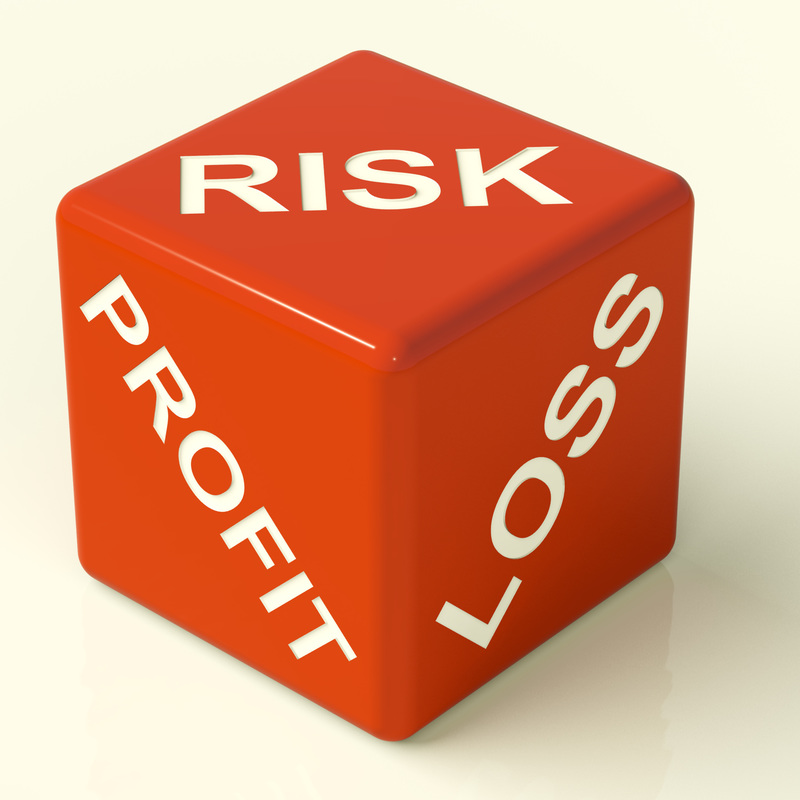Keep An Eye On Your Bottom Line
The other day I was reading some blog post about some new show on Netflix. A commenter didn’t quite like Netflix’s strategy, so they complained about “profit chasing.”
What are “profits” anyhow?
In a very basic sense, it’s any time you get more out of a system than you put in.
If you grow corn, for example, and it costs you $1000 to grow the corn, and you can sell them for $1200, that means you’ve made a profit of $200.
If this particular corn farmer wanted more profits, he’d figure out a way to grow more corn. And so long as people weren’t FORCED to buy his corn, the more he sold, the happier people would be, since they were buying them based on their own choice.
In this simple case, more profits is good for everybody. More people that want corn get it, the farmer has a job he knows is benefiting people, AND the farmer’s making some decent money.
Of course, whenever there are all kinds of complicated laws and hidden agreements it can spoil the system.
But on a basic, fundamental level, profits are a good thing.
Even on a personal level, we seek profits.
For example, any time you think about doing something, you imagine yourself in the future, with your new “state” better than your current “state.”
Then you imagine the action and the risks involved in going from your current “state” to your imagined better “state.”
If you are successful, you could say that the difference between the two states (the better future state minus or current state) is your own personal “profit.”
In fact, many economists have called this “psychic revenue.” Meaning you get a benefit, but since it’s not money, it’s based on your own feelings, emotions, and subjective values.
And unless we think we’ll be better off, we won’t take action.
Now, this pretty easy when we don’t perceive any risks. Then it’s simple, and often times pretty boring. Like some routine process.
Baking a cake. Buying something from a vending machine. Driving across town to buy something you want.
But when perceived “risk” comes into play, that’s when things get tricky.
If we perceive a huge risk, then we won’t take action. We imagine the outcome as better, but we don’t want the costs associated with it (going through those scary risks).
This is why it’s so crucial to get a handle on your fears.
Since most fears are imaginary and NEVER happen, there’s plenty of things that are easily within our reach, but we simply talk ourselves out of it.
Get rid of those imaginary fears, and life becomes a LOT more fun, and a LOT easier.
Ready to blast YOUR fears away?

